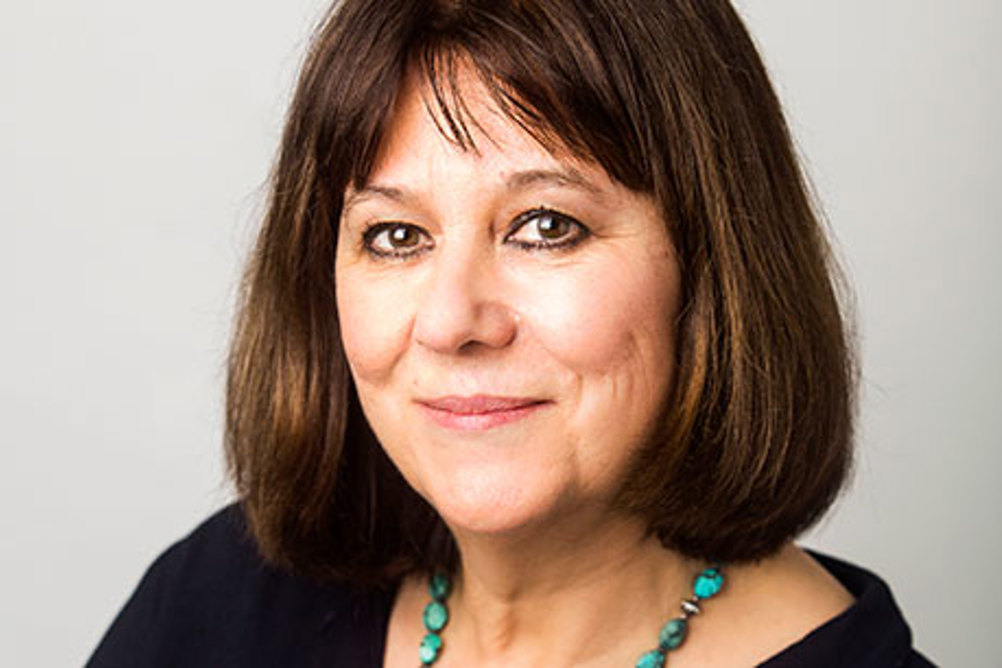
Nursery World has been speaking to some settings that have just been inspected under the new Education Inspection Framework (EIF), and while the findings can’t be seen as scientific, they are nevertheless interesting and revealing.
Principally, Ofsted inspectors are doing what was flagged up from the get-go on the new EIF: focusing less on paperwork and more on observing what is happening on the day.
Inspectors are reported to have spent considerable time observing how learning is being supported. They have spoken to many of the practitioners, and their main question has always been: ‘Why are you doing this?’
This is a big ask, particularly of less experienced practitioners. It requires an understanding of the three elements of the ‘Quality of education’ judgement: Intent (curriculum), Implementation (incorporating pedagogy) and Impact (outcomes). Essentially, it means that practitioners need to understand what they want children to learn, how that learning develops and how they, as early years professionals, will provide progression and challenge in that learning.
Register now to continue reading
Thank you for visiting Nursery World and making use of our archive of more than 35,000 expert features, subject guides, case studies and policy updates. Why not register today and enjoy the following great benefits:
What's included
-
Free access to 4 subscriber-only articles per month
-
Unlimited access to news and opinion
-
Email newsletter providing activity ideas, best practice and breaking news
Already have an account? Sign in here
